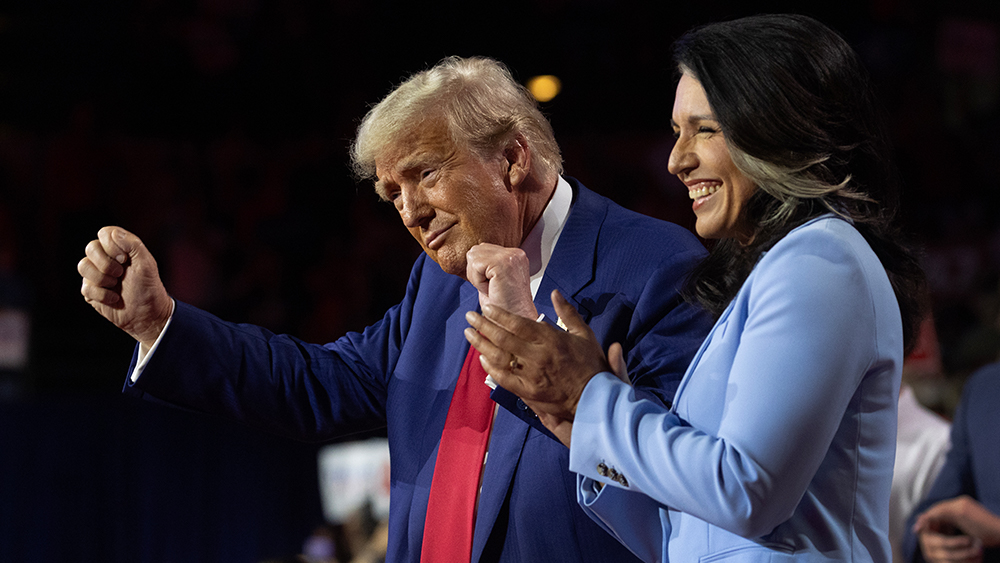Unveiling the hidden tapestry of American history: A deep dive into "Crimes and Cover-ups in American Politics: 1776-1963"
- In "Crimes and Cover-ups in American Politics: 1776-1963," author Donald Jeffries critiques revered figures like Thomas Jefferson, revealing nuanced views on slavery and challenging simplistic historical narratives, highlighting their contradictions alongside their contributions.
- The book challenges the idealized portrayal of the Civil War, exposing Union atrocities and arguing that power dynamics, not just slavery, drove the conflict.
- Jeffries scrutinizes Abraham Lincoln's suppression of dissent (e.g., suspending habeas corpus, censoring press), framing him as a tyrannical figure rather than a flawless democratic hero.
- The text questions official narratives, suggesting hidden agendas behind WWI (Lusitania sinking) and WWII (Pearl Harbor attack), implying deliberate U.S. involvement strategies.
- Jeffries uncovers government abuses—from Tuskegee to MKULTRA and critiques the Nuremberg Trials as victor's hypocrisy, urging readers to confront systemic cover-ups in U.S. history.
In a groundbreaking exploration of American history, Donald Jeffries' "
Crimes and Cover-ups in American Politics: 1776-1963" challenges readers to reconsider the narratives that have long shaped their understanding of the nation's past. This meticulously researched book, spanning from the birth of the United States to the mid-20th century, delves into the shadowy corners of history, revealing a web of crimes, cover-ups and contentious interpretations that have been largely ignored or
whitewashed in conventional historical accounts.
Jeffries begins his journey with the Founding Fathers, those revered architects of democracy. While acknowledging their monumental contributions, he does not shy away from scrutinizing their personal lives and political decisions. Take Thomas Jefferson, for instance. While Jefferson is celebrated for drafting the Declaration of Independence, Jeffries delves into the complexities of his stance on slavery. Contrary to the simplistic portrayal of Jefferson as a racist, Jeffries argues that his views were nuanced and that he was, in fact, one of the most vocal critics of slavery in his time. This nuanced perspective encourages readers to look beyond the surface and question the motives behind the historical accounts that have been passed down through generations.
Moving on to the Civil War, Jeffries presents a perspective that challenges the widely accepted notion that the war was solely a battle to end slavery. He argues that the conflict was as much about power and control as it was about freedom. Jeffries does not hesitate to detail the atrocities committed by Union troops, including the burning of Southern cities and the brutal treatment of civilians. By highlighting these often-overlooked aspects, he paints a picture of a war that was far from the noble crusade it is often portrayed as.
Jeffries also takes a critical look at Abraham Lincoln, the man often hailed as the savior of the Union. He points out Lincoln's authoritarian tendencies, such as the suspension of habeas corpus, the arrest of political opponents and the censorship of the press. These actions, Jeffries argues, were not those of a democratic leader but of a tyrant. This perspective serves as a sobering reminder that the victors often write history and Lincoln's legacy is no exception.
Jeffries' examination of the two World Wars is equally provocative. He questions the official narratives surrounding these conflicts, suggesting that there were hidden agendas at play. For instance, he explores the possibility that the sinking of the Lusitania was a deliberate act to draw the United States into World War I. He also delves into the machinations that led to the attack on Pearl Harbor and the subsequent entry of the U.S. into World War II. These insights challenge readers to reconsider the motivations behind these pivotal events.
In his analysis of the Nuremberg Trials, Jeffries presents them as a flawed attempt at justice. He argues that the trials were more about victor's justice than true accountability, highlighting the hypocrisy of punishing the defeated while ignoring the crimes committed by the Allies. This perspective encourages readers to question the notion of justice in the aftermath of war.
Perhaps the most chilling part of Jeffries' book is his examination of government experimentation on human subjects. From the Tuskegee syphilis experiment to the CIA's MKULTRA program, Jeffries reveals a dark side of American history that is often overlooked. He argues that these experiments were not isolated incidents but part of a
larger pattern of abuse and cover-up.
"Crimes and Cover-ups in American Politics: 1776-1963" is a must-read for anyone interested in the true story of America. It is a book that challenges, enlightens and ultimately empowers readers to think for themselves. As Jeffries himself states, "History is not static; it's a living, breathing entity that evolves as we uncover new information." His work serves as a powerful reminder of the importance of critical thinking and the need to seek out multiple perspectives.
Learn more about the book "
Crimes and Cover-ups in American Politics" by watching the video below.
This video is from the
BrightLearn channel on Brighteon.com.
Sources include:
Brighteon.ai
Brighteon.com
 Parler
Parler Gab
Gab










